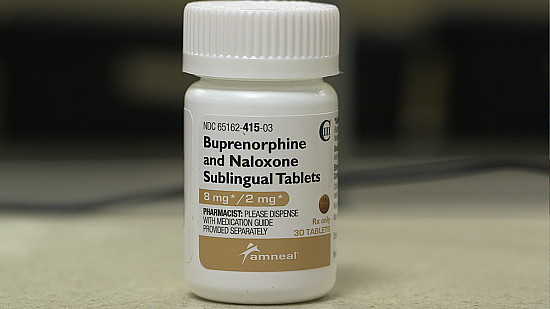Junk food addiction more common in women
Research we're watching
- Reviewed by Toni Golen, MD, Editor in Chief, Harvard Women's Health Watch; Editorial Advisory Board Member, Harvard Health Publishing; Contributor

Nearly one in five older women showed signs of addiction to highly processed foods and drinks over the past year, a higher proportion than in men, a new nationally representative poll indicates.
The survey, part of University of Michigan's National Poll on Healthy Aging, was published online Jan. 30, 2023. It involved 2,163 people, ages 50 through 80, who were questioned online or by phone in July 2022. Participants answered 13 questions gauging addictive behaviors and thoughts related to highly processed foods such as sweets, salty snacks, sugary drinks, and fast food. These addiction indicators include intense cravings, inability to cut down on consumption, and signs of withdrawal. To meet the definition of addiction to highly processed food, participants had to report experiencing at least two of 11 symptoms, as well as significant distress or problems related to eating, at least twice a week.
About 13% of survey respondents reported symptoms of addiction. But women were more likely than men (18% vs. 8%) to report these symptoms, especially women in the 50 to 64 age range (22%). The proportion was even higher in women who said they were overweight or their physical or mental health was fair or poor. Highly processed foods release a dopamine surge in the brain's reward system, potentially leading to addiction; indeed, survey respondents reported eating highly processed foods not only because they were hungry, but for pleasure.
These findings are concerning because diets containing a significant amount of highly processed foods contribute to diabetes, heart disease, and even certain types of cancer.
Image: © COROIMAGE/Getty Images
About the Author

Maureen Salamon, Executive Editor, Harvard Women's Health Watch
About the Reviewer

Toni Golen, MD, Editor in Chief, Harvard Women's Health Watch; Editorial Advisory Board Member, Harvard Health Publishing; Contributor
Disclaimer:
As a service to our readers, Harvard Health Publishing provides access to our library of archived content. Please note the date of last review or update on all articles.
No content on this site, regardless of date, should ever be used as a substitute for direct medical advice from your doctor or other qualified clinician.
















